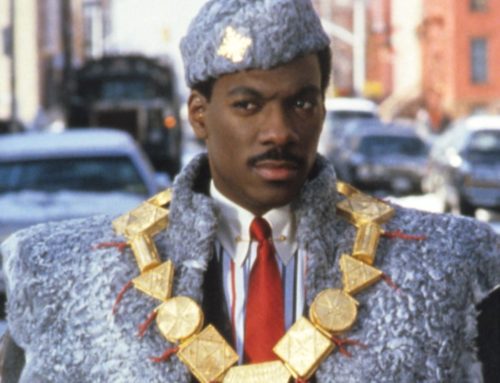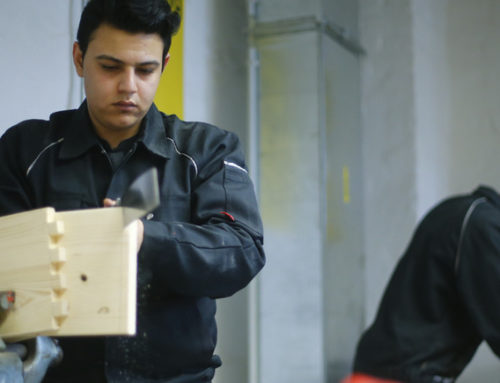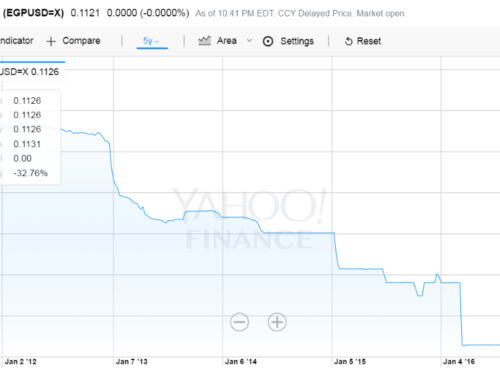
On Wednesday, I watched aerial footage of Egypt on fire. The bright orange flames in the urban jungle of Cairo reminded me of wild fires on National Geographic. Only here it was buildings, houses, cars, offices, police stations, government buildings, and churches that were ablaze.
From the helicopter that shot the video, I could discern some buildings I recognized. What I couldn’t tell however, was what political affiliation their inhabitants are. I couldn’t hear what their dinner conversation about politics is like. I squinted hard but still couldn’t figure out who they voted for in the last elections.
I always liked this quote from Apollo 14 astronaut Edgar Mitchell, who in 1974 reflected on how he felt looking at earth from outer space:
You develop an instant global consciousness, a people orientation, an intense dissatisfaction with the state of the world, and a compulsion to do something about it. From out there on the moon, international politics look so petty. You want to grab a politician by the scruff of the neck and drag him a quarter of a million miles out and say, ‘Look at that, you son of a bitch.’
A quarter million miles might be unnecessary for feeling that way about Egyptian politicians. A few kilometers, just enough so they can see the fire eating up the country both literally and figuratively, is sufficient.
They say truth is the first casualty of war. Rationality, apparently, is a sacrifice made early.
The solution can only be political. The Muslim Brotherhood leadership fully realizes Morsy’s presidency will not be restored. Yet their supporters and militias continue to chant that tune, in the hope of improving their bargaining position. The stellar rise in violence in the ranks of Morsy’s supporters makes it almost impossible to defend them — when they attack and set fire to houses of worship, offices, subway stations, clashing with inhabitants and with the police with heavy weaponry.
The army leadership, too, both in its capacity of army and government — let’s not begin to pretend we have anything that resembles civilian decision-making at this point — should know that brute force doesn’t disperse a large sit-in: it merely displaces it, galvanizes it, radicalizes it; it potentially gives it more support from otherwise undecided people. It offers direct support, by validating their confrontational position, to the most radical elements within it.
It wouldn’t be much of a stretch to describe Egypt’s new rulers as operating according to Likudprinciples. Just like the Israeli conservatives, the Egyptian military is viewing all national interests through the narrow prism of security. Major decisions are taken by police and army generals — both unaccountable and with blood on their hands. They are further rapidly re-establishing the reign of violence and unaccountability of the Mubarak regime, with former state security officials being reinstated and trying civilians in military courts as we speak.
Every bad decision that could be taken has; everything that can go wrong is.
I want to write the names of over 600 — perhaps 700, by the time I finish this article — people who were killed this week, including unarmed protesters, armed ones, police officers, journalists. Some of the dead had their names and address written with a marker on the chest, to avoid being merely a number in a morgue. At the least it will save their families the anguish for lack of news.
I want to write about the mosques that have been used as morgues, the stench of death covering the habitual smell of incense, and the crimson pools of blood accumulating on the worn prayer rugs.
I want to tell you about the churches that have been ransacked and set on fire in Egypt, the hardly unexpected culmination of anti-Christian rhetoric in the discourse of Muslim Brotherhood supporters. They ultimately become a soft target for Muslim Brotherhood supporters seeking for revenge. They are scarcely, if at all, protected by the police force. This makes security forces automatically complicit in attacks against them.
The implications are huge and will stay with us for years to come. An increasing number of people are getting emotionally if not physically sucked into the political fight, as they suffer from the violence or its threat, as they lose close friends or even distant acquaintances, as they endure road closures or curfews. Between friends, coworkers, within each family even, the chasm is widening.
Reconciliation becomes increasingly difficult as interests are obscured; buried under political posturing, narrow interests, and more frightfully, vengeful impulses.
The leaders of both the army and the Muslim Brotherhood should be taken into orbit so they can see with some distance what their actions are reaping.
Or perhaps they should be left there.
Originally published on Foreign Policy Transitions [most popular article on FP 16-17 August 2013 :]



